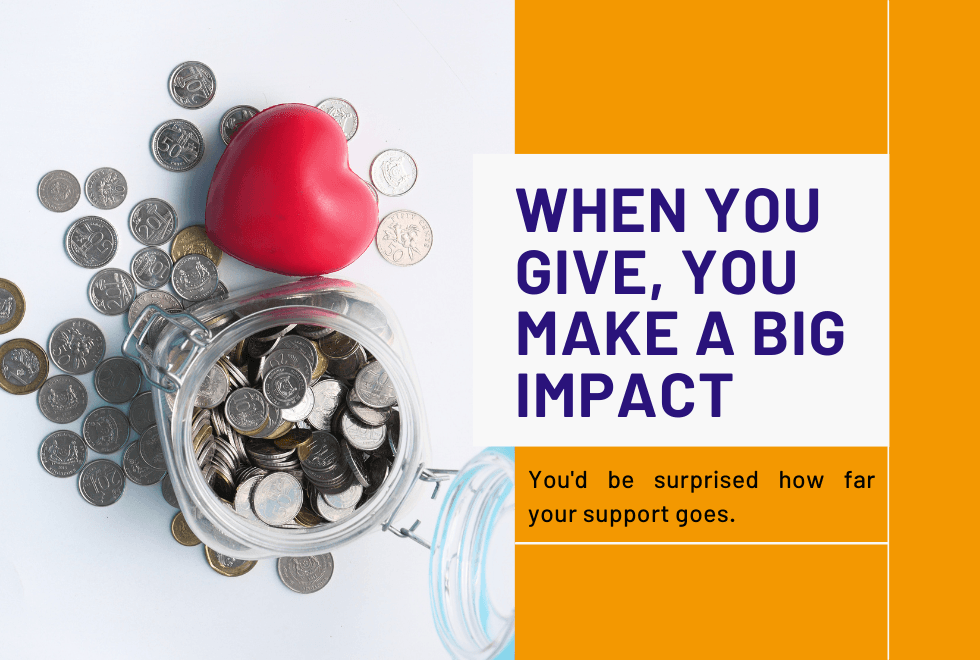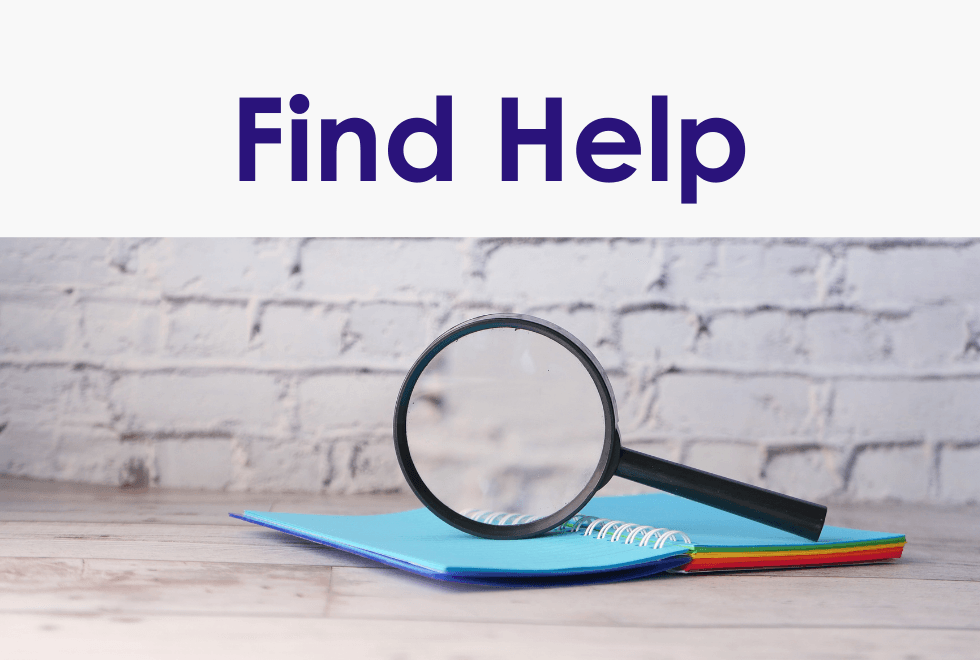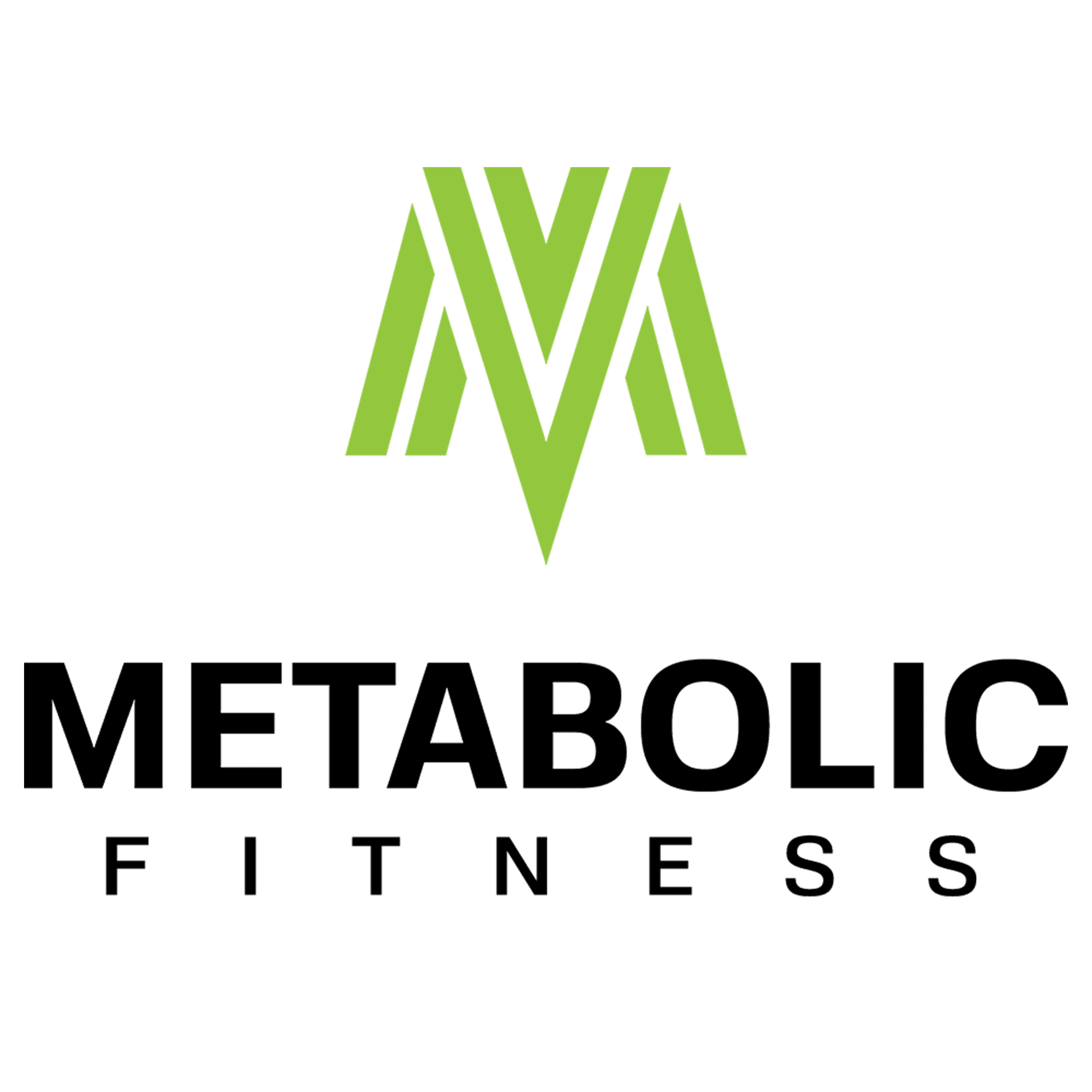
April is Financial Literacy Month. Financial literacy is critical in equipping people with the knowledge and skills needed to manage money effectively, and to make informed financial decisions.
Financial literacy is key to supporting domestic violence survivors' empowerment. Abusers prevent access to money or other financial resources as a tactic to maintain power and control over victims. This is a common tactic used by abusers, making it difficult for a victim to leave their abusive relationship. NYSCADV Economic Empowerment Project funded by Allstate Foundation grant provides training and technical assistance to advocates on financial abuse and empowerment of survivors. Check our website to learn more.
Additionally, the impact of COVID-19 has been adversely impacting domestic violence survivors and worsening an already dangerous situation. As most survivors of domestic violence and sexual assault have expressed, receiving unrestricted cash assistance or fund is critical in maintaining safety [1]. Therefore, we encourage advocates to support survivors for filing for taxes. Earned Income Tax Credit (EITC) can improve the quality of life for low or moderate-income households. CDC evidence-based research shows families that receive the tax return have better emotional and financial health and less stress [2]. Additionally, if survivors have not already received their economic impact payments (stimulus checks) due to abuse or other reasons, then they might be able to claim them as a credit or refund on their 2020 federal tax return. These sources of cash assistance can support survivors’ financial health and their families.
Here are resources for filing tax returns:
- What is Earned Income Tax Credit?
- How to Get Free Legal Tax Help (Low Income Taxpayer Clinics)
- Tax Tips for Survivors of Domestic Violence
- IRS Website: Free Tax Return Preparation for Qualifying Taxpayers
- IRS Search Engine: Find a Free Tax Preparation Clinic Near You
- Eligibility for EITC (Earned Income Tax Credit) in NYS
- English: Claim 2020 Stimulus Checks in 2020 Tax Filing
- Spanish: Claim 2020 Stimulus Checks in 2020 Tax Filing
References
[1] FreeFrom. 2020. Survivors Know Best: How to Disrupt Intimate Partner Violence During COVID-19 and Beyond. Available: https://static1.squarespace.com/static/56a24df4d8af10a5072bed7c/t/5f358b263ca8db1d891a3fc9/1597344678710/Survivors+Know+Best+Report.pdf
[2] CDC Foundation. 2020. Public Health Action Guide: EITC. Available: https://www.cdcfoundation.org/sites/default/files/files/EITC_PublicHealthActionGuide.pdf










